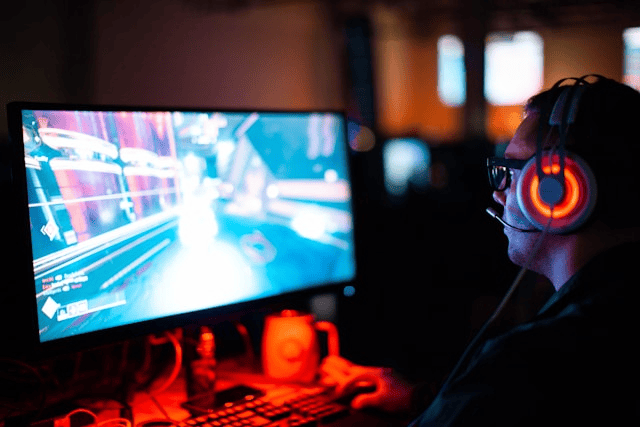Gaming has evolved from a casual pastime to a global culture. With immersive storylines, competitive communities, and endless new releases, it’s no wonder so many people find themselves deeply invested in video games. But even the most passionate players face the same challenge: how to balance gaming and life in a healthy, sustainable way.
If you’ve ever found yourself asking, “Am I gaming too much?” or noticed that your responsibilities are taking a hit, you’re not alone. The good news is, you don’t have to choose between gaming and your real-life goals. With a few mindset shifts and practical strategies, managing gaming time can become part of a balanced lifestyle.
Recognize the Signs of Imbalance
Before we talk about solutions, it helps to be honest with yourself. Are video games starting to interfere with your real-life responsibilities or well-being? Here are a few red flags that signal your gaming habits might need adjustment:
-
You regularly stay up late and sacrifice sleep to play
-
You skip meals, showers, or exercise during long sessions
-
You cancel plans or avoid social activities to stay online
-
You feel guilty or anxious after playing too much
-
You’re falling behind at school, work, or with personal goals
If you recognize some of these signs, don’t panic. You’re not a failure, and you don’t have to quit gaming altogether. Balancing gaming and real life is possible it just takes a bit of structure and self-awareness.
Set Boundaries Around Your Playtime
One of the most effective ways to find balance is to create clear boundaries. Think of your gaming time like any other activity: it needs a start time, an end time, and a purpose.
Try this:
-
Set a daily or weekly gaming limit (e.g. 1–2 hours on weekdays, more on weekends)
-
Use timers, alarms, or app limiters to avoid marathon sessions
-
Designate certain times for gaming like after school, work, or chores are done
-
Schedule longer sessions as part of your free time, not your default downtime
Having structure doesn’t mean less fun it means guilt-free fun. When you know you’ve taken care of your priorities, your gaming sessions become even more enjoyable.
Prioritize Real-Life Responsibilities First
A simple but powerful rule: real life comes first. That means homework, job tasks, personal hygiene, and social obligations get handled before jumping into your favorite game.
Ways to manage this:
-
Make a daily checklist of tasks, and let gaming be the reward for finishing them
-
Break your day into “work” and “play” blocks so you can stay productive
-
Avoid “just one more game” traps by sticking to your schedule
This isn’t about being strict it’s about creating a system that helps you thrive in and out of the game.
Stay Connected Outside the Screen
Gaming is a great way to meet people and stay social, especially in online communities. But it’s important not to lose sight of your real-world relationships.
Balance your social life by:
-
Scheduling regular meetups with friends or family
-
Joining in-person clubs or hobbies outside of gaming
-
Playing co-op or multiplayer games with friends in real life
Blending your gaming and social life can strengthen both just be mindful of striking a balance.
Take Care of Your Mind and Body
A balanced lifestyle includes more than time management it also includes taking care of your physical and mental health. Long sessions in front of a screen can take a toll, so it’s important to build healthy habits into your routine.
Tips for healthy gaming habits:
-
Take a 5–10 minute break every hour to stretch or move
-
Drink water regularly and avoid skipping meals
-
Maintain a consistent sleep schedule
-
Spend some time outdoors every day
-
Practice screen-free time in the morning or before bed
These small changes can improve your focus, energy, and mood making both gaming and real-life tasks more enjoyable.
When to Take a Step Back
Sometimes, the line between healthy gaming and compulsive gaming becomes blurry. If you find it extremely hard to stop playing or feel like gaming is the only thing that makes you feel good, it might be time to reassess your relationship with it.
Signs you might need to take a break:
-
You lie about how much you play
-
You feel anxious or angry when not playing
-
You’ve lost interest in non-gaming activities
-
People in your life have expressed concern
If this resonates, it’s okay to seek help. Talk to a friend, family member, or a mental health professional. Gaming addiction is real but with support and awareness, it’s absolutely manageable.
Conclusion: You Can Have Both
Gaming is a fantastic hobby. It builds skills, sparks creativity, and connects people all over the world. But like anything, too much of it can throw your life off balance. The key is intention.









